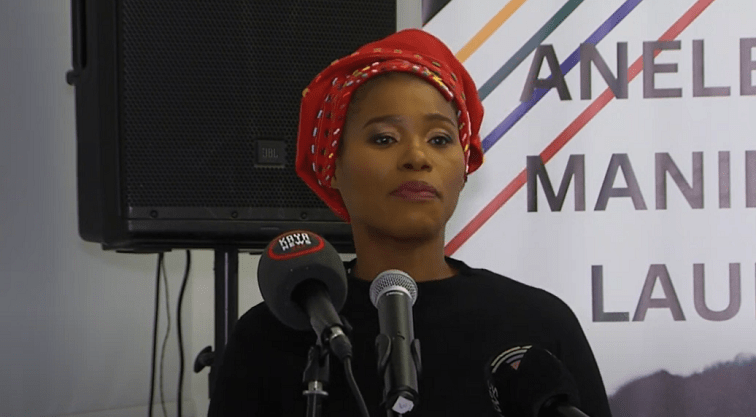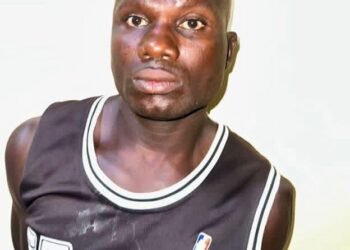For the first time in South Africa’s history, independent candidates will participate in the national elections next week. This follows a landmark ruling by the country’s highest court last year.
Among at least 10 independent hopefuls is Anele Mda, a former activist and outspoken member of the ruling African National Congress (ANC).
Mda was part of a group that broke away from the ANC in 2008 to form the Congress of the People (COPE). In the 2009 elections, COPE garnered over 7% of the national vote, making it the second-largest opposition party in Parliament.
However, internal political conflicts caused COPE’s support to dwindle. The party’s parliamentary presence shrank from 30 seats in 2009 to just two in the 2019 elections.
Regarding the highly anticipated election on May 29, Mda expressed skepticism about the ability of political parties to bring about substantial change in the country.
“They are not about serving the interest of the people,” she said.
“They are about serving the party, its members, and its interests, but at the expense of using the resources that are provided for by the power that comes with the vote.”
Anele Mda
As she travels across the country to win votes, Anele Mda emphasized the need for lawmakers to address corruption in government and state-owned companies.
“For as long as we keep thinking that we can fix all other peripheral and insignificant things and leave the crux of the issues, which is corruption, we will not retain South Africa. We need to fight corruption with a renewed aggression.”
Anele Mda

A landmark court ruling in December 2023 reduced the number of signatures required for independent candidates to run in the election from over 11,000 to just 1,000.
This has significantly lowered the barriers for independents, a move widely praised as a step towards strengthening South Africa’s democracy.
Out of a total population of 62 million, just over 27 million South Africans are registered to vote in the country’s seventh fully democratic national election since 1994.
The ruling African National Congress, in power since the end of apartheid 30 years ago, is expected to lose significant support as many disillusioned voters turn to various opposition parties.
A record 70 parties and 10 independent candidates are registered to compete for the 400 seats in South Africa’s parliament. Members of parliament will then elect the president, requiring at least 201 votes to secure the position.
Calls for Black Empowerment and Economic Reform
Anele Mda expressed disappointment that, 30 years after the end of apartheid in 1994, the majority of Black South Africans remain impoverished.
She emphasized the need for serious economic reforms, criticizing the current government’s policies for disproportionately benefiting white South Africans.
Despite being Africa’s most advanced economy, South Africa has the world’s highest unemployment rate at 32%, with more than half of its population living in poverty, according to the World Bank.
“We do not need leaders who are going to occupy office just so they can preside over a post-colonization of South Africa under the pretext of democracy.
“You need not drive an apologetic posture of why there is a need for Black empowerment.”
Anele Mda
Moreover, another candidate with a similar opinion is Julius Malema the founder of the Economic Freedom Fighters (EFF).
The EFF is an anti-establishment, Marxist, Pan-Africanist party that prioritizes the rights of Black South Africans and criticizes the ANC for neglecting this core demographic.
He advocates for policies such as redistributing land owned by the white minority to Black South Africans and converting privately owned lucrative mines into government property.
Additionally, he promotes Pan-African policies, including the adoption of Swahili as a common African language.
READ ALSO: Government Urged to Leverage Local Rice Production to Revitalize Economy


















